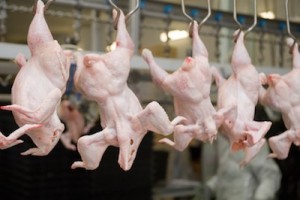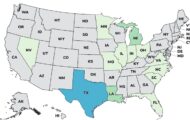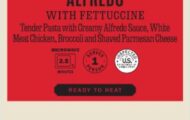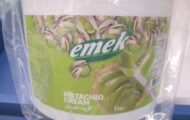A study currently being reviewed by the USDA has found that chemicals sprayed on chickens after slaughter may mask Salmonella when the birds are being tested before distribution. The poultry industry uses antimicrobial compounds to reduce pathogens on chickens while they are being processed. If the compound is removed or inactivated after the chickens have been processed, it’s classed as a processing aid; otherwise it is considered a food additive. Most antimicrobials break down on contact with food, but a new chemical does not.
 Cetylpyridinium chloride (CPC) is a non-reactive chemical that the FDA allowed in the poultry industry in 2004 to help control pathogenic bacteria. The chemical is used in combination with post-chill interventions such as poultry deluge cabinets. But these significant changes in antimicrobial intervention have not been met with updates in microbiological sampling and testing procedures.
Cetylpyridinium chloride (CPC) is a non-reactive chemical that the FDA allowed in the poultry industry in 2004 to help control pathogenic bacteria. The chemical is used in combination with post-chill interventions such as poultry deluge cabinets. But these significant changes in antimicrobial intervention have not been met with updates in microbiological sampling and testing procedures.
When facilities test for Salmonella on poultry, they randomly select a bird, remove it from the line and put it in a sterile bag filled with buffered peptone water. The bird is shaken in the bag, and the liquid is then held for 24 hours and tested for bacteria. The chicken is put back on the line and goes into commerce.
While most reactive antimicrobial chemicals break down quickly, CPC may carry over, meaning that it is killing bacteria in the water, so the test results may not be valid. That may explain why levels of Salmonella on poultry are reportedly decreasing rapidly, while the numbers of people contracting Salmonella infections from poultry are staying constant.
The study’s authors recommend that the Salmonella sampling step should take place after the birds are rinsed with potable water to minimize carryover of the antimicrobial product. And facilities should also test that the antimicrobial chemical is gone before the chickens are tested for more accurate results.




